SO WHAT IS THERAPEUTIC WRITING EXACTLY?
Therapeutic Writing can be simply described as the intentional use of writing for a therapeutic purpose – in other words for reflection, growth, stress relief or healing.
It is a valuable tool and importantly it is flexible – can be used anywhere – and it is free!
AND WHY IT IS GOOD FOR YOU!
The incredible benefits of writing are emerging, with research studies demonstrating a range of improvements in physical health, emotional health, intellectual functioning and social functioning.
PHYSICAL HEALTH
In terms of our physical health, expressive writing leads to an improved immune system, lower blood pressure, improved liver functioning, sleeping better, improved lung functioning, faster recovery from cancer, and wounds healing more quickly. You fall sick less, and once hospitalized you recover more quickly when you write.
EMOTIONAL HEALTH
The psychological benefits are equally impressive. Generally people’s depressive and anxious symptoms decrease and their feelings of wellbeing improve; for those who have experienced trauma, their posttraumatic stress symptoms, particularly these related to intrusion and avoidance, are reduced.
INTELLECTUAL HEALTH
Expect higher cognitive functioning – and improved working memory – essentially that’s our ability to think about more than one thing at a time; better academic results, improve sporting performance, faster re-employment, improved concentration and decision-making and reduced absenteeism from work.
SOCIAL HEALTH
Social benefits are also significant – writing helps you become a better listener and encourages us to talk more and make better use of social connections. It even improves our relationship.
AND HOW IT WORKS…
It is clear that the benefits of expressive writing are extensive. But how exactly does it work?
Well, the exact mechanism is still unclear, but there have been a number of proposed explanations.
Mechanisms by which expressive writing might work:
EMOTIONAL CATHARSIS
Venting emotions is discredited. Although it may make someone feel better. It doesn’t lead to any health benefits.
CONFRONTING PREVIOUSLY INHIBITED EMOTIONS
Reduces the stress from the inhibition.
COGNITIVE PROCESSING
The development of a coherent narrative helps to re-organise and structure traumatic memories, leading to a more effective processing of experiences.
REPEATED EXPOSURE
May involve extinction of negative emotional responses to traumatic memories through repeated writing about them.
There is supporting and contradictory evidence for each of the proposed theories.
It is likely that the mechanism of ‘how writing is therapeutic’ is complex and results from a combination of these factors.
Labelling and cognitive processing seem to be more credible and accepted. Writing something down turns it from an ‘unknown’ to a ‘known’, therefore reducing hyperarousal. Changes our relationship with the event and associated feelings.
Expressive writing is generally associated with an immediate increase in negative feeling. This short-term distress does not appear to be detrimental or to pose a longer-term risk, but it is important to be aware of it. Remember that stress is not inherently bad, particularly if it’s moderate and predictable, in which case it builds up emotional resilience.
The good news is that these negative feelings rarely last for more than an hour. However, it is important to remember that the process of writing about strong emotions is not a walk in the park and it’s not always pleasant. It’s hard work and you need to be gentle. And if the writing brings up some things that you want to address or feel you need support with, then don’t hesitate to contact someone.
Importance of self-monitoring and mindfulness – push yourself, but only write about something if you’re ready.
Whether you are leading a group writing workshop or holding a one on one session with a client, there are a number of key principles of using writing with clients that should be applied across the board.




HERE’S A COUPLE OF EXERCISES TO GET YOU STARTED!
1. MINDFULNESS EXERCISE
Take a pen and paper. Observe carefully what is going on around you – the noises, the smells, the objects. Observe, but don’t let your story-telling mind take over. If you notice your mind drifting to past or future events, simply observe these thoughts, set them aside and return to direct observation. Ask yourself ‘What am I feeling right now?’ and write down thoughts, feelings, bodily perceptions and emotions. Notice how your body feels, particularly any areas of stress or any aches and pains. Write down everything that you observe in the present moment.
2. EXPLORING EMOTIONS
Write about a stressful experience.
Prompts:
- Describe what happened
- How did it make you feel physically and emotionally?
- How do you feel now physically and emotionally?
- What thoughts enter your mind?
- What are your worries?
- Why do you think it’s bothering you?
AND FINALLY….
CAUTIONS AND LIMITATIONS
Writing isn’t beneficial to everyone at all times, and always needs to be considered in context.
- Writing can lead to rumination and self-absorption, preventing people from moving forwards or making positive change.
- Writing too soon after trauma can lead people to re-experience the traumatic event, rather than assisting them to process it.
- Writing can make people feel temporarily exposed and vulnerable.
- When tackling traumatic and highly emotional issues, Expressive Writing can be associated with an immediate increase in negative affect.
- Importance of self-monitoring and being mindful / respectful to self
- Always try to give yourself some time and space after writing about something difficult
- Remember you can stop writing at any time if you feel overwhelmed or distressed

Leave a comment
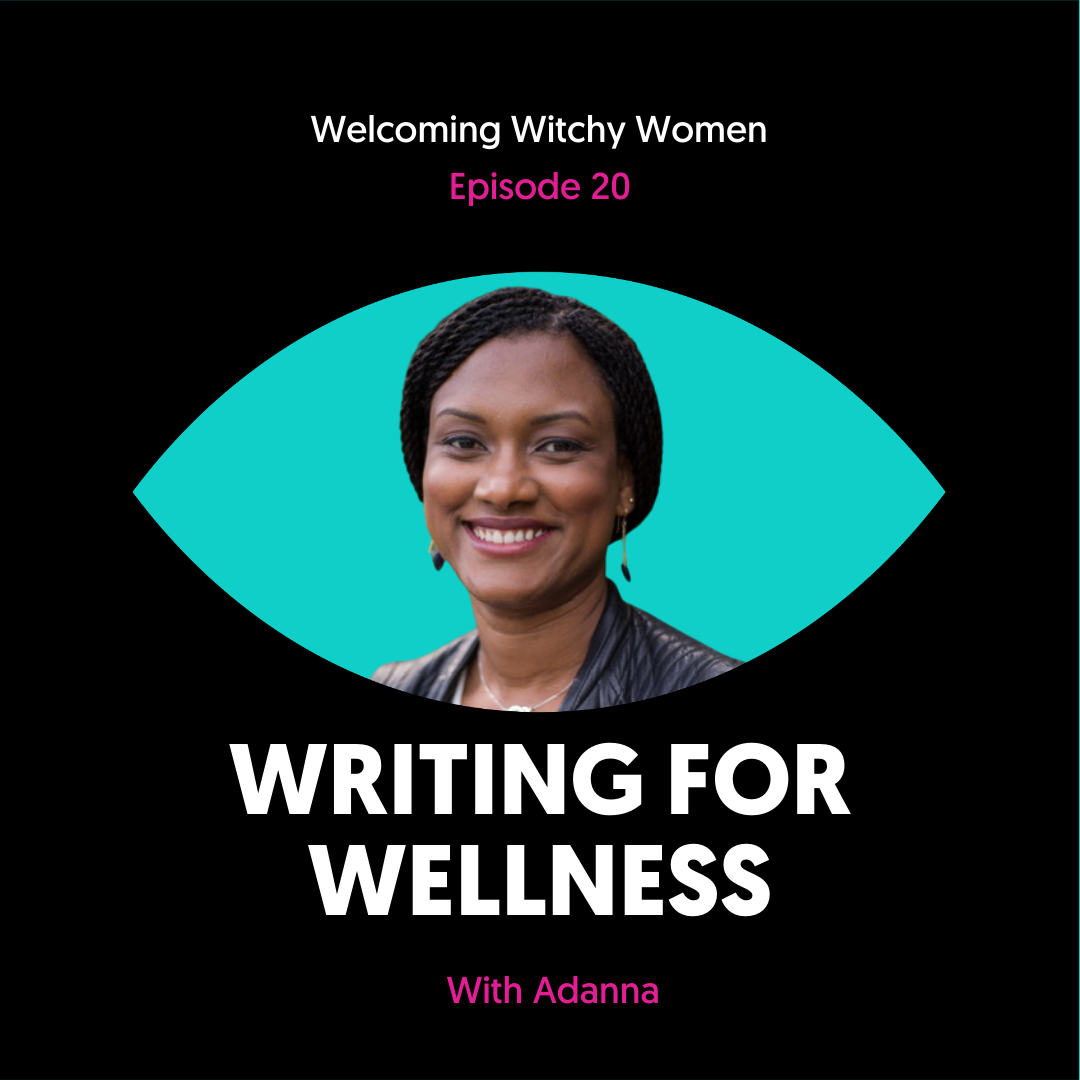
READ >
WELCOMING ADANNA TO THE WITCHY WOMEN! Our curated community.Of whole-istic healers. Here to help guide you.On your healing journey. Adanna draws on 12 years’ experience as a qualified English teacher with an MA in Education, and combines Positive Psychology, Neurobiology and Transactional Analysis with therapeutic writing to teach how changing the stories you tell about […]
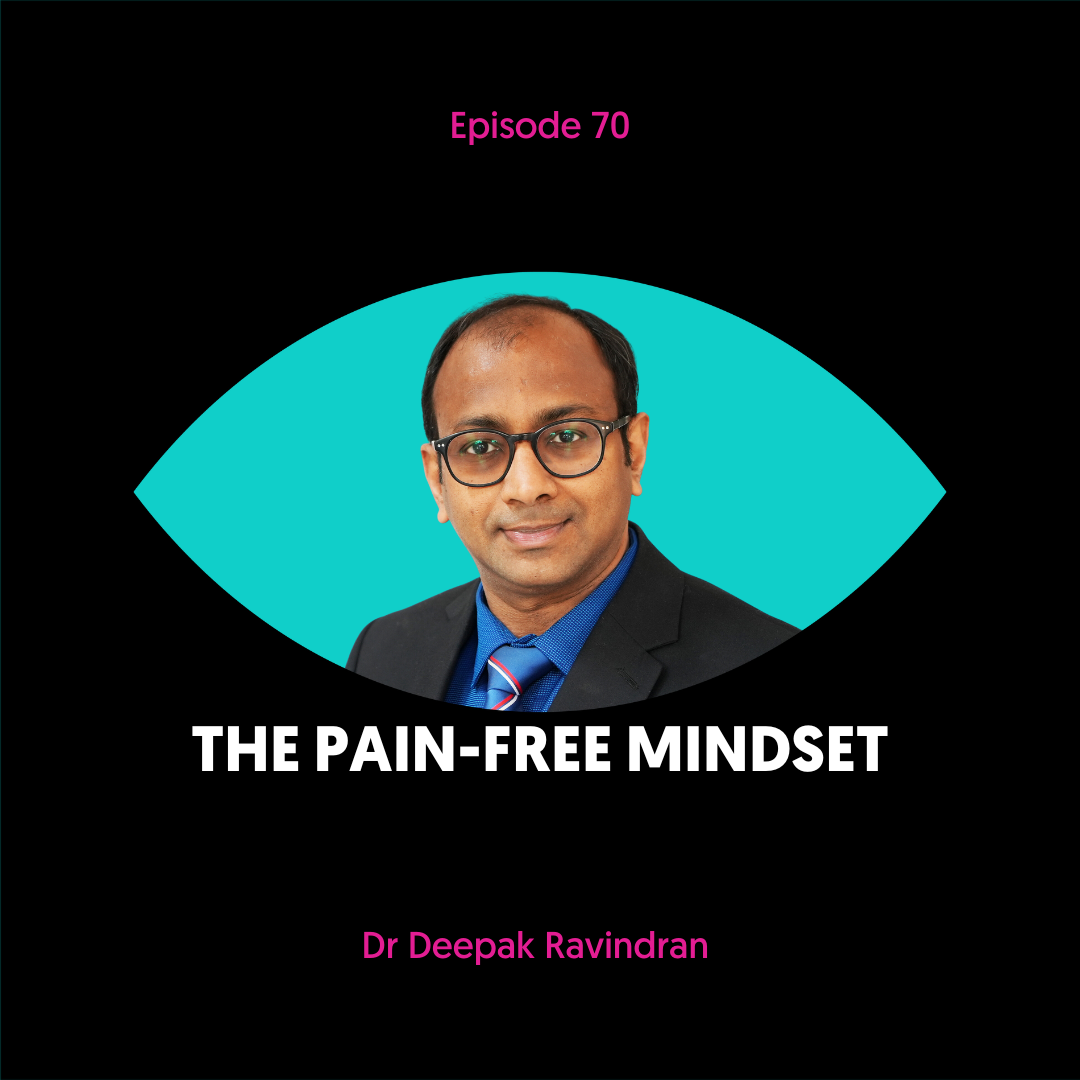
READ >
Dr Deepak Ravindran is one of the UK’s leading pain specialists. He is one of the few medical consultants who possesses triple certification in lifestyle medicine, musculoskeletal medicine and pain medicine using all of this knowledge to give his patients a truly integrative and holistic approach. He is author of the book The Pain-Free Mindset […]
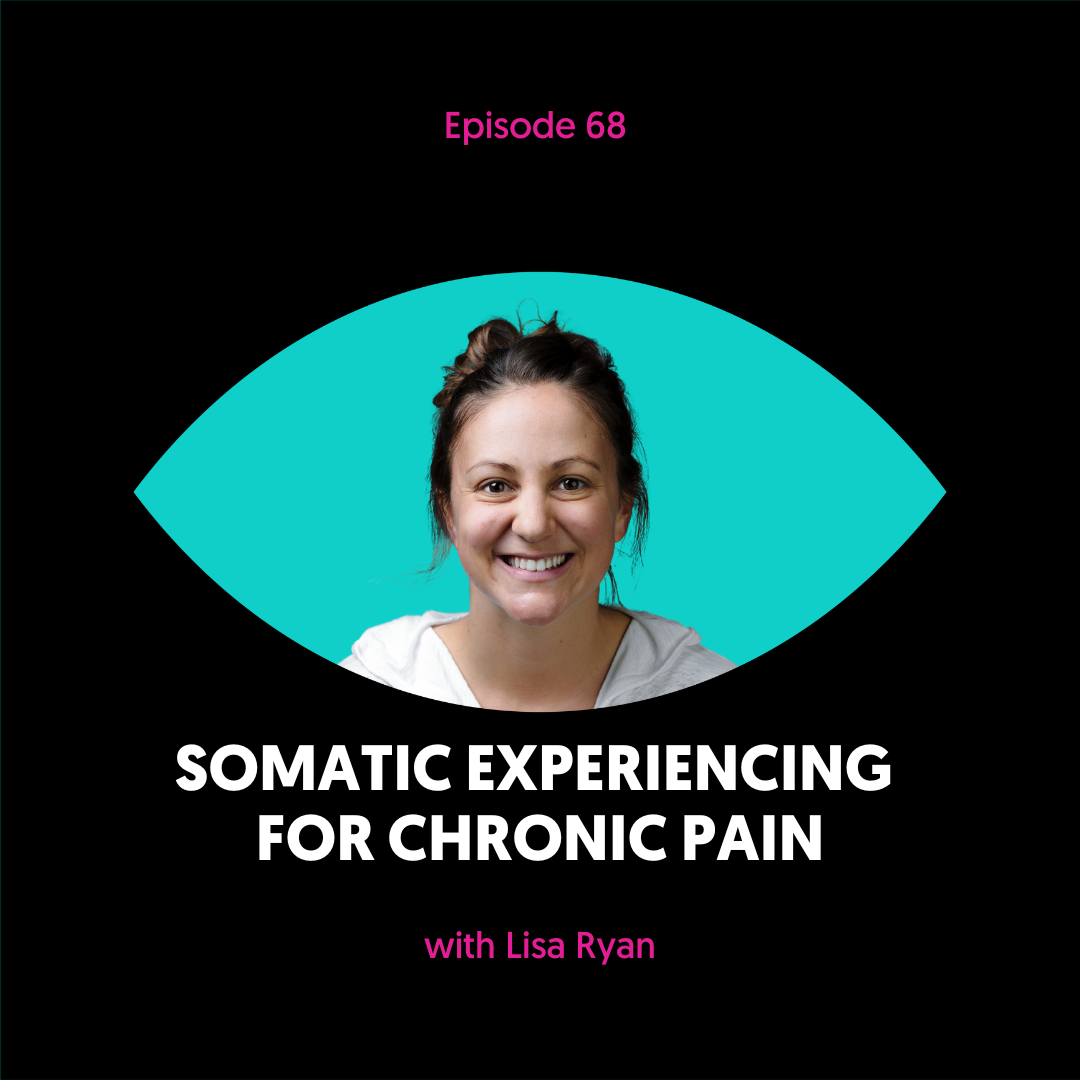
READ >
Lisa Ryan is a physiotherapist turned trauma informed somatic practitioner who helps people find freedom from their persistent pain. And this is just so important to her – because she was once a patient herself who was told she was not expected to recover – and the best she could hope for was to manage […]
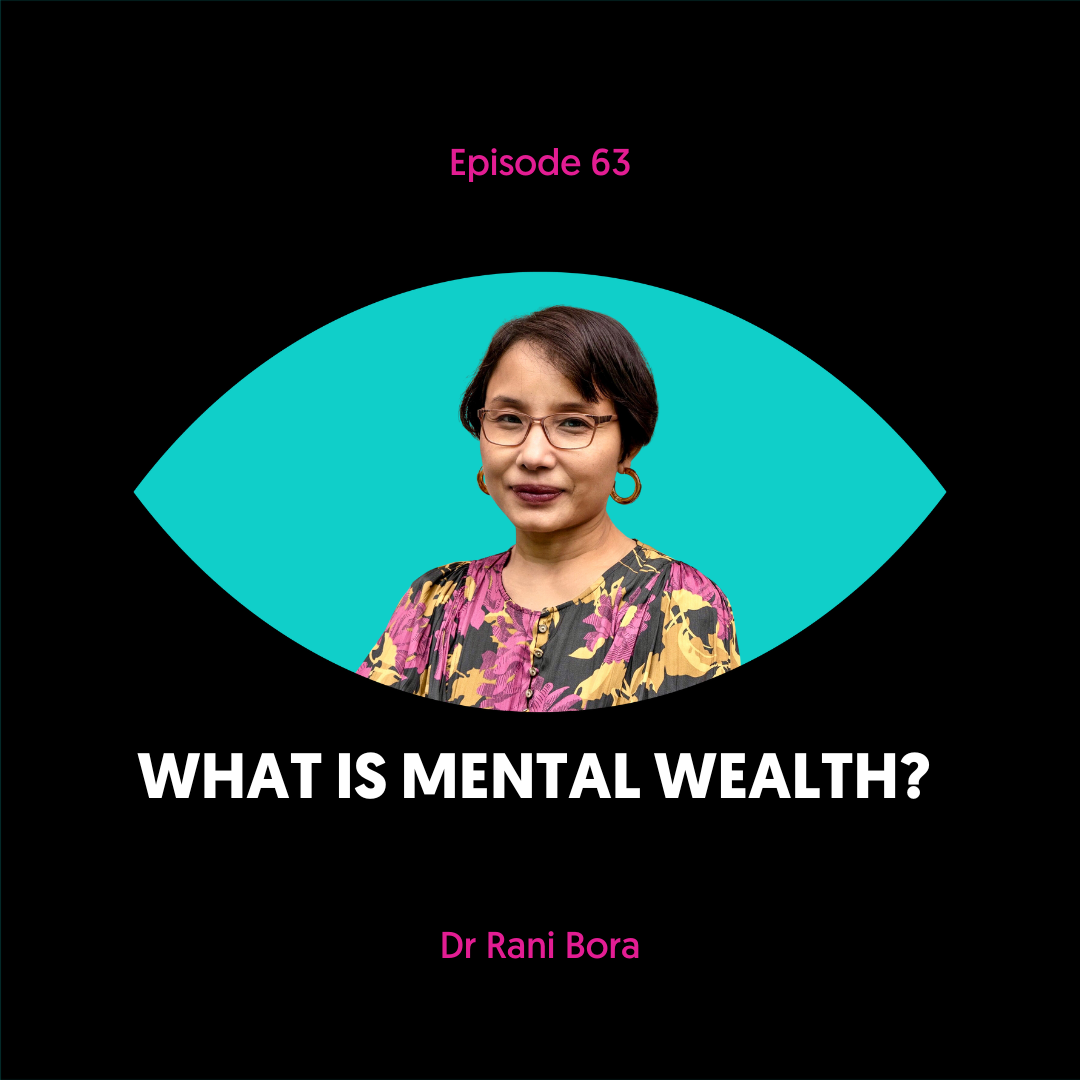
READ >
Dr Rani Bora is a holistic psychiatrist, mental wealth coach, and the author of “How To Turn Stress On Its Head”. Her work centres around empowerment – particularly for those who have been labeled with mental health disorder, using deprescribing and coaching to support them to thrive beyond their diagnosis. In this episode we discuss […]
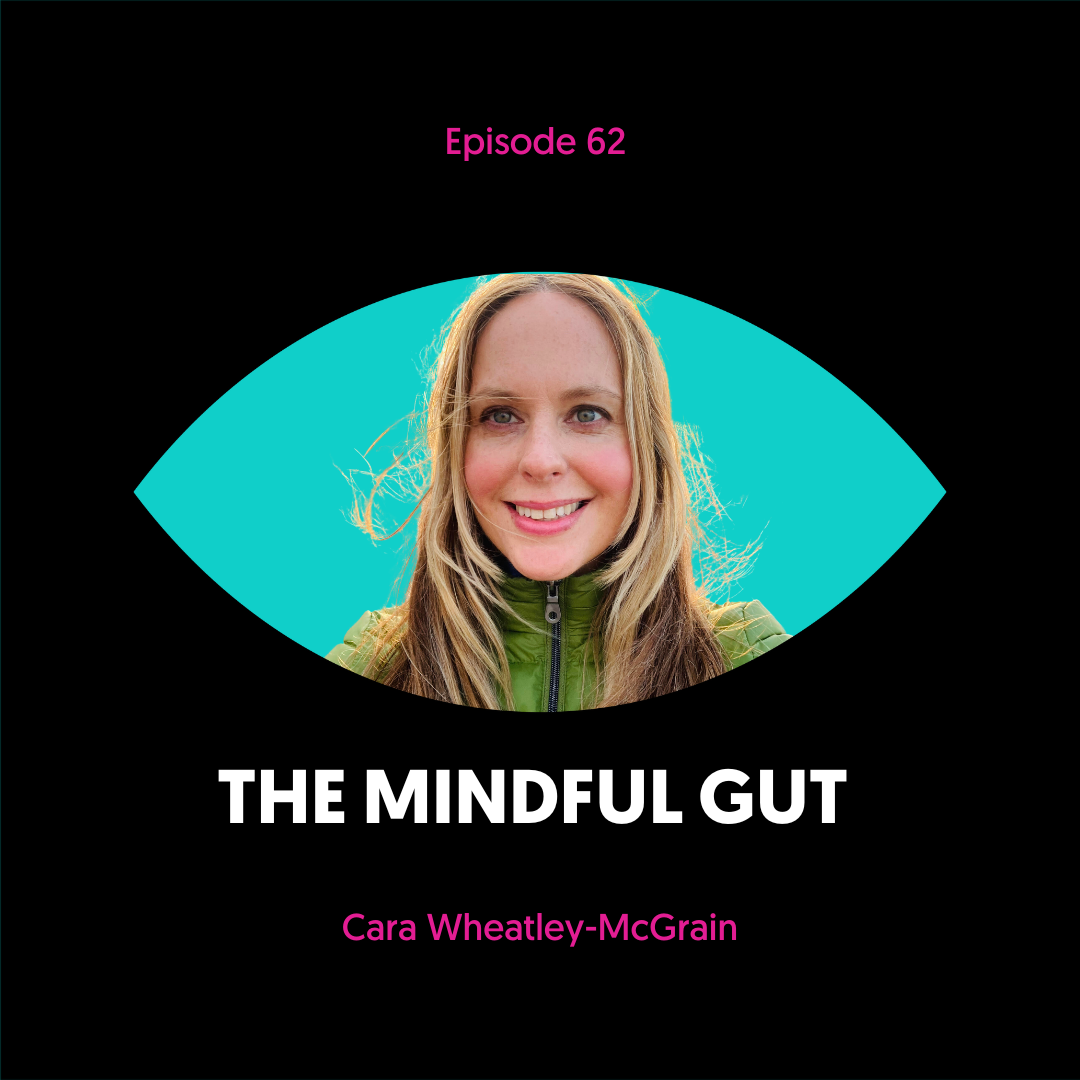
READ >
Cara is a coach, educator and author of Calm Your Gut – a mindful and compassionate guide to heal IBD and IBS using science, self love and intuitive eating. We talk about – You can find Cara on Instagram at @mindfulgutproject or on her website www.mindfulgutuk.com website. The resources for a specific diet for IBD […]

READ >
Lauren Windas is a renowned registered Nutritionist, Naturopath, Author of “Chronic Fatigue Syndrome: Your Route to Recovery” and co-founder of ARDERE.com, a holistic wellbeing company, specialising in supporting those with CFS/ME and long COVID. In this episode we cover: I mean these are ALL such key areas for people struggling with post viral syndromes and […]

READ >
Leigh Ankrum is a Functional Bodywork practitioner, teacher and founder of The Ankrum Institute in Tulsa, Oklahoma. This training centre teaches practitioners to work with the body’s natural intelligence to restore health and balance, by addressing the root cause of physical challenges for each individual. Leigh has more than 37 years of experience using Osteopathic […]

